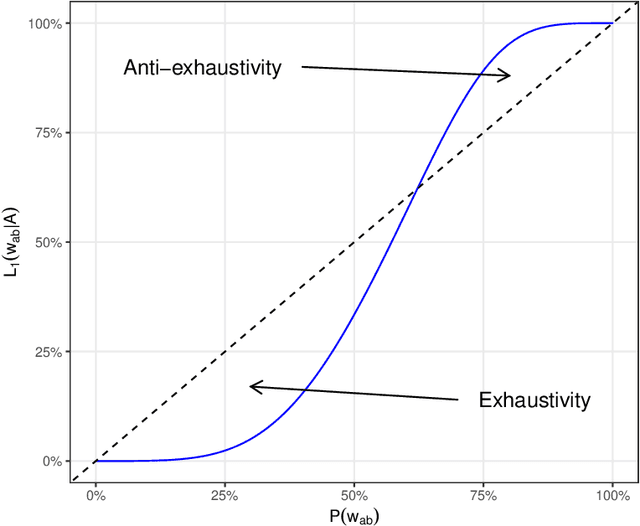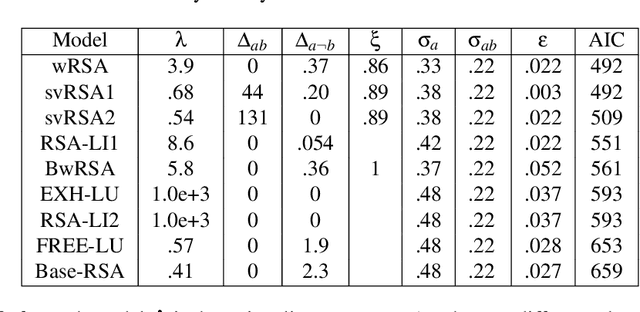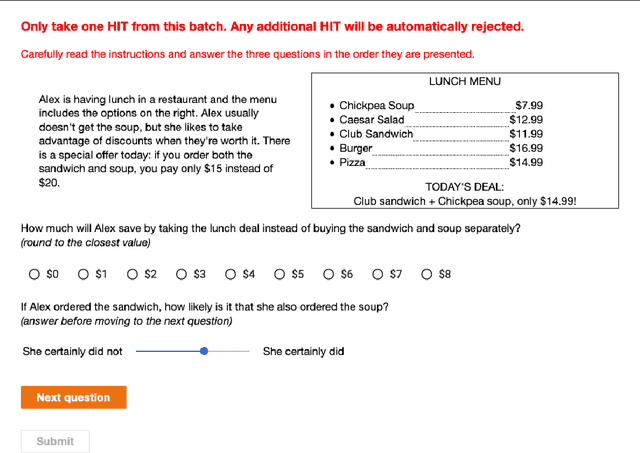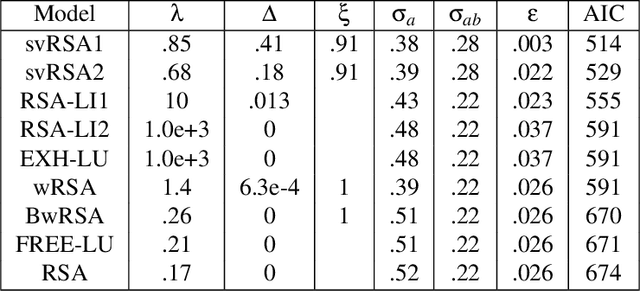Exhaustivity and anti-exhaustivity in the RSA framework: Testing the effect of prior beliefs
Paper and Code
Feb 14, 2022



During communication, the interpretation of utterances is sensitive to a listener's probabilistic prior beliefs, something which is captured by one currently influential model of pragmatics, the Rational Speech Act (RSA) framework. In this paper we focus on cases when this sensitivity to priors leads to counterintuitive predictions of the framework. Our domain of interest is exhaustivity effects, whereby a sentence such as "Mary came" is understood to mean that only Mary came. We show that in the baseline RSA model, under certain conditions, anti-exhaustive readings are predicted (e.g., "Mary came" would be used to convey that both Mary and Peter came). The specific question we ask is the following: should exhaustive interpretations be derived as purely pragmatic inferences (as in the classical Gricean view, endorsed in the baseline RSA model), or should they rather be generated by an encapsulated semantic mechanism (as argued in some of the recent formal literature)? To answer this question, we provide a detailed theoretical analysis of different RSA models and evaluate them against data obtained in a new study which tested the effects of prior beliefs on both production and comprehension, improving on previous empirical work. We found no anti-exhaustivity effects, but observed that message choice is sensitive to priors, as predicted by the RSA framework overall. The best models turn out to be those which include an encapsulated exhaustivity mechanism (as other studies concluded on the basis of very different data). We conclude that, on the one hand, in the division of labor between semantics and pragmatics, semantics plays a larger role than is often thought, but, on the other hand, the tradeoff between informativity and cost which characterizes all RSA models does play a central role for genuine pragmatic effects.
 Add to Chrome
Add to Chrome Add to Firefox
Add to Firefox Add to Edge
Add to Edge